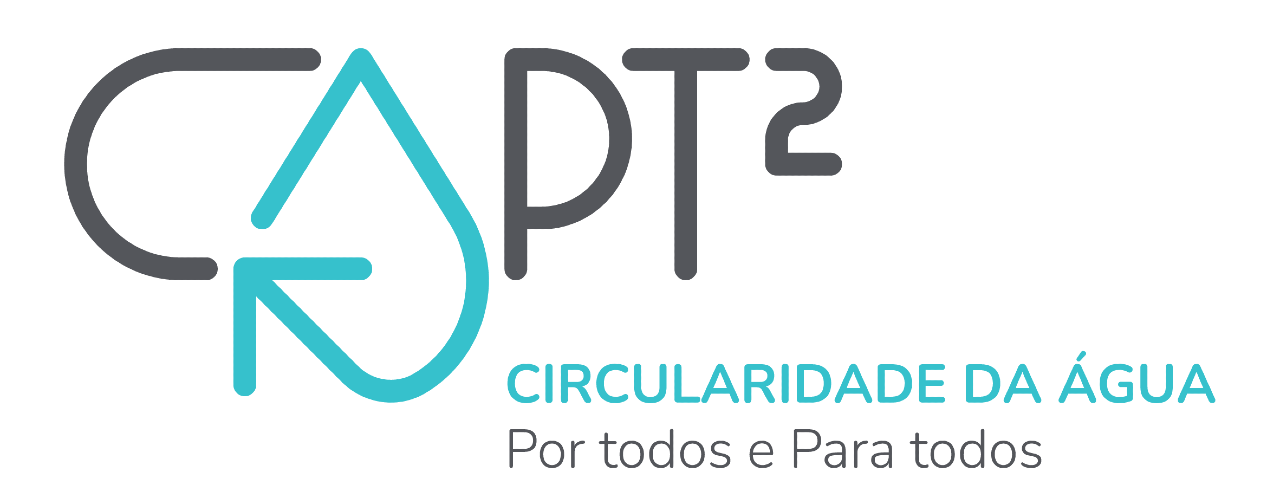The eight partners of the network CApt2 – Circularity of Water, by all and for all, on Wednesday, September 15th, kicked off the initiative that was born from an application approved under the Circular Cities National Initiative (InC2), of the Direção-Geral do Território in the thematic area of the Urban Water Cycle.
The Network is made up of the municipalities of Águeda, Lagoa (Azores), Loulé, Mértola, Oeiras, Oliveira de Frades, Ponte de Sor and Guimarães, via Laboratório da Paisagem. As a lead partner, the Laboratório da Paisagem hosted the initial meeting, which brought together, in person and by videoconference, the various partners, as well as representatives of the Direção-Geral do Território and the network expert who will monitor the project's execution.
Throughout the day, partners analyzed and discussed the general objectives of the application, as well as the methodology that will be applied during the first phase of the project. In a moment of sharing, the different municipalities had the opportunity to present the different contexts and challenges of the territories, as well as the motivations for involvement in this Network. At the same meeting, the communication plan that will guide the performance of the CApt2 Network was also presented, as well as the schedule for Phase 1 of the project.
The session also included the presentation of the Circular Cities method, by the network expert Eurico Neves, as well as the definition of the schedule of visits for the local action forums, which will take place in each of the partner municipalities.
Remember that the CApt2 Network bases its strategy on the development of a local governance model that integrates the different agents responsible for water management and that aims to include the citizen as an inducer of transformation towards a circular and participatory model. The ultimate goal is the design of a local action plan for the Urban Water Cycle that will contribute to water management policies and guide municipalities in the transition to a circular economy.
The project will be divided into two phases, with a total execution period of 20 months (4 months for Phase 1 and 16 months for Phase 2). The global eligible budget is around 264 000 euros in the total of the two foreseen moments.

